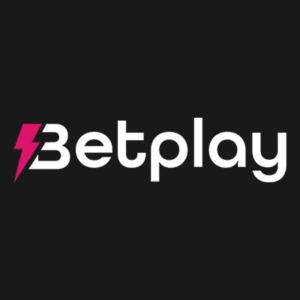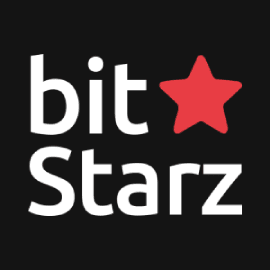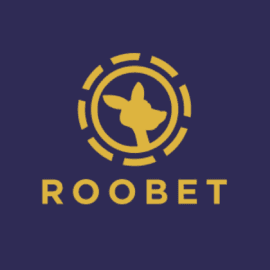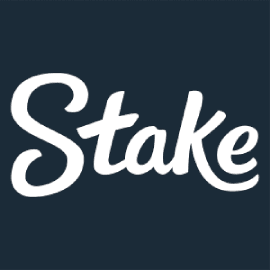JPMorgan & DBS Put Chips on Deposit Tokenization For Cross-Bank Payments
Is blockchain-based tokenization a high-finance replacement for stablecoins?
Table of content
You might also like..

Martingale Strategy: Friend or Foe?
Author: Kristoffer
Published: 31.12.2025

Historic Blow: 5,400 Sue Norsk Tipping Over Draw Errors
Author: Kristoffer
Published: 23.12.2025

Crypto Casino Economy: How Much Money Do They Make?
Author: Kristoffer
Published: 18.12.2025

MetaMask (Finally) Adds Bitcoin Support
Author: Kristoffer
Published: 16.12.2025
Casino Expert
Kristoffer is a seasoned expert in cryptocurrency and online gambling, active in both industries since 2014. With deep knowledge of blockchain technology and its impact on iGaming, he provides in-depth reviews and strategic insights to guide readers through the evolving world of crypto casinos with confidence and clarity.








